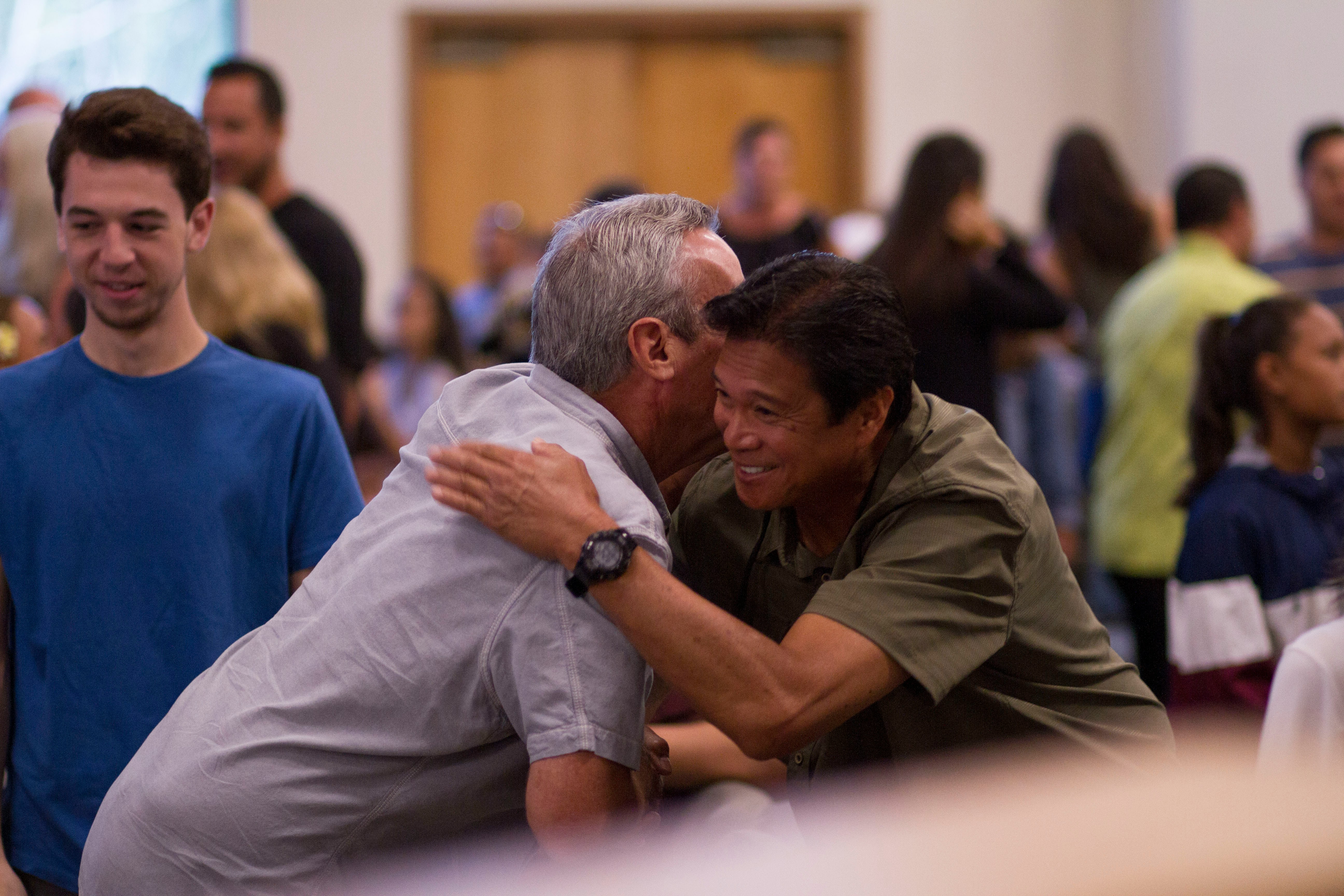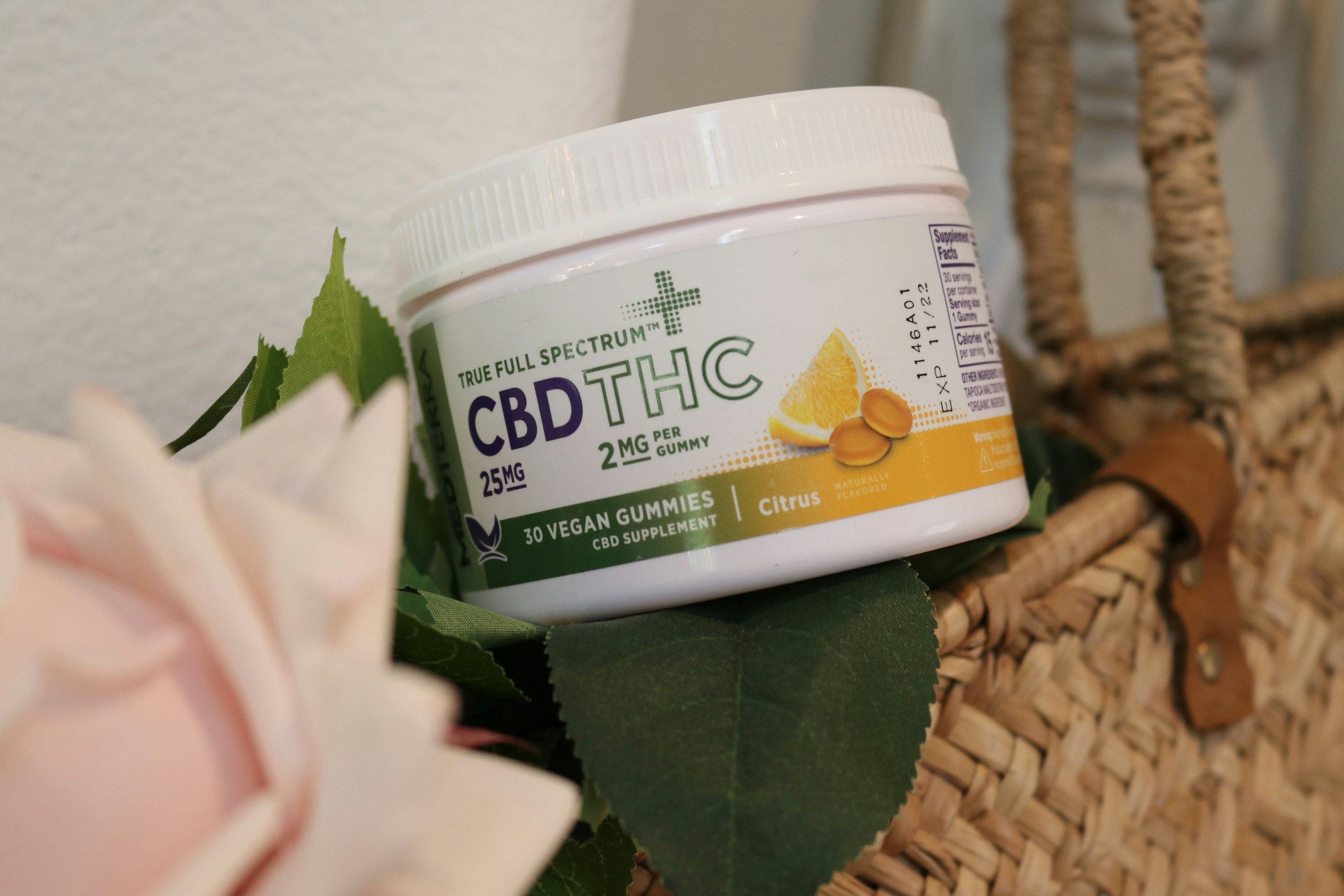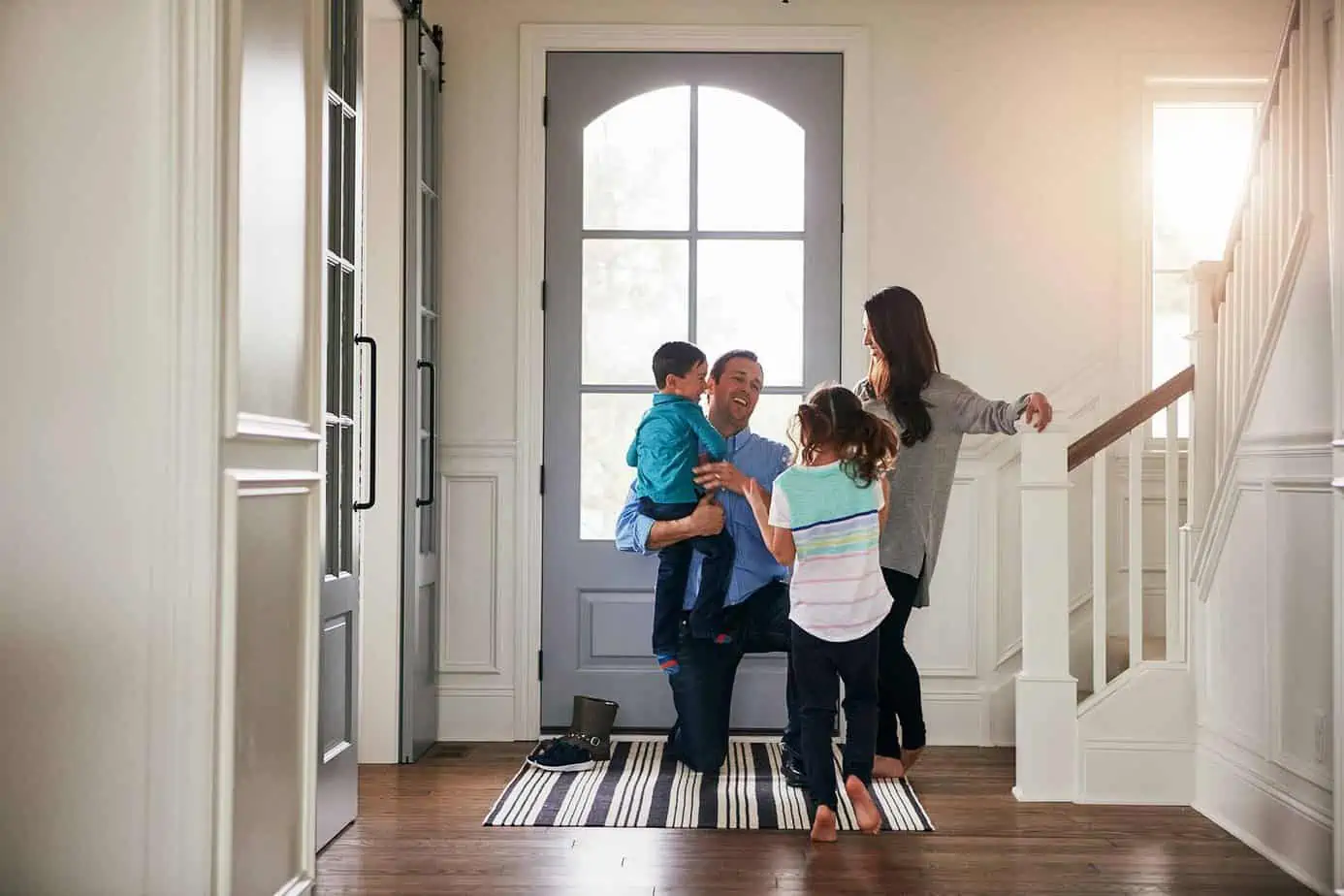If you are in early recovery, it’s suggested that you wait at least a year before jumping into a new relationship. Yes, this might sound a little unreasonable. For the first time in months or years, you are experiencing life outside of addiction. Why should you wait to celebrate this amazing accomplishment with someone you love?
Work on Yourself First
You need to work on your relationship with yourself first. When you enter sobriety, it may be difficult for you to be mindful of your emotions, treat yourself with kindness, and eliminate negative self-talk, on top of avoiding substances. These things don’t just happen overnight – they take time and effort.
Relationships in early recovery are also inadvisable because many mental health professionals fear that you are replacing one pleasure-seeking habit with another one. In this case, replacing drugs with love and intimacy.
Working on yourself or “finding yourself” might seem like a complex undertaking. But it doesn’t have to be. You can learn more about yourself by doing small things to benefit your overall well-being. Maybe it is attending a weekly support group or AA meeting to focus on sobriety. It can also be picking up a new hobby to occupy your free time. Or you can practice being compassionate by performing an act of love each day.
Simply put, you need to explore your new life in recovery alone, find your passions, and be confident in who you are before dating another person.
How Do You Know When You Are Ready?
Many people in early sobriety struggle to initially grasp the skills to effectively identify, own and process their emotions and feelings. When you were dependent on drugs, you probably acted on impulse or even lashed out at others. These unhealthy reactions are not conducive to forming long-lasting relationships.
So, how do you get more in tune with your emotions? When you are feeling anxious, angry or any other negative emotion, pause for a moment and ask yourself, “What is making me feel like this?” Oftentimes, with anxiety, your chest may tighten, and your heartbeat races. Notice these physical sensations and take everything in. Then, ground yourself, whether that’s doing something relaxing like meditating or writing your thoughts in a journal.
Over time, as you solidify your recovery and become better at managing emotions, you might realize that you are ready for an intimate relationship. Everyone is different, which means their timeline for finding a romantic partner will look different. When you can take care of yourself again, you can take care of someone else. And forming a close bond with a significant other can help you uncover so many new things about yourself.
Below are five easy tips when it comes to building healthy relationships in recovery.
How to Build Stronger Bonds in Recovery
1. Be open about your sobriety.
An important aspect of any new romantic relationship is to be upfront about your recovery. You don’t have to say you’re sober on the first date – it may come up naturally in conversation as you’re getting to know the other person. Your sobriety doesn’t have to be the focal point of the relationship either, but it’s certainly a large part of who you are. Own your sobriety and be proud of the obstacles you overcame.
When seeking potential partners, you should also consider their lifestyle as well. If they are someone who drinks casually at dinner or enjoys hanging around bars, will this pose a threat to your sobriety? Could you envision yourself in a long-term relationship with someone who lives a different lifestyle from you? These are important questions to ask yourself before getting into a serious relationship.
2. Uphold boundaries.
At the beginning of a new relationship, state your boundaries clearly and calmly and let the other person know you will reinforce them if necessary. Boundaries are meant to strengthen the connection between you and your partner, not punish them.
If you are in early recovery, you might have trouble interpreting what a healthy relationship looks like. Perhaps in the past, you spent almost every moment with your boyfriend or girlfriend. Maybe you also said “yes” to all of their requests to keep them happy. Or you could have relied on your partner to constantly run errands for you and complete chores around the house. All of these things are signs of a codependent relationship.
In recovery, your focus should be on breaking those problematic relationship patterns. Start saying “no” more. If your partner is asking you to lie for them and that makes you uncomfortable, then politely decline. Maybe your significant other tends to raise their voice during disagreements, and it upsets you. Use “I” statements and say something like, “I will continue this conversation another time when you have calmed down.” Setting boundaries will help you build your self-worth and ultimately benefit the relationship in the long run.
3. Prioritize healthy communication.
Fostering healthy communication is essential to developing a deep bond with someone. Share your feelings to build trust and understanding within your partnership. If there are moments where you struggle with low self-esteem, don’t let the other person step all over you. Be assertive without attacking the other person by sharing what’s on your mind. Effective communication strategies can be learned, even if they were not something you practiced while using substances.
Disagreements should also not turn into hostile situations. Make sure you contemplate what you are about to say rather than blurting out the first thought that comes to mind. Each side should calmly explain their needs and respect the other person’s feelings. In addition, being empathetic or placing yourself in someone else’s shoes is another important skill to learn. Understanding someone else’s perspective can help you grow and look at life through a new lens.
4. Keep expectations honest and reasonable.
One of the most common mistakes in developing early attachments in any relationship is being misunderstood and having unreasonable expectations for one another. You must be able to understand your own expectations as well as those of others without feeling intimidated or fearing retaliation.
It’s a good idea to talk about your “love language” with your partner upfront. Maybe you are someone who values more physical affection. And perhaps your boyfriend or girlfriend is someone who appreciates words of affirmation. With both people on the same page, you can figure out a way to best support your partner and know what to expect when you want to express your love.
Finding reasonable expectations is tricky but can be accomplished with mutual respect and healthy communication. One example is if you are in early recovery, it would be unreasonable to expect your partner to quit drinking entirely just because you are sober. Your recovery journey is your own and your partner’s habits are their own so that shouldn’t distract you from abstaining from substances.
It’s okay if expectations evolve over time. Appreciate the progress in your relationship and don’t expect perfection out of yourself or your partner.
5. Know when to walk away.
Avoid toxic relationships that may be harmful to your well-being. Toxic relationships develop over time as one or both sides engage in damaging behaviors, such as manipulation, physical and verbal aggression, and selfish acts. People who are codependent, engage in enabling behavior, or instill fear within you will not be beneficial to your recovery. Spending time with the wrong people may put you in harmful situations where your sobriety is tested. Unhealthy relationships can bring on unwanted stress, triggering cravings and negative thinking as well as self-doubt and resentment—all the necessary ingredients to make you vulnerable to relapse.
Relationships are often tricky to navigate and take time and dedication. The same can be said for recovery. Once you are confident in yourself and feel ready to date, follow these tips to help you start building a positive connection with someone new.
If you or a loved one is struggling with addiction, Mountainside can help.
Click here or call (888) 833-4676 to speak with one of our addiction treatment experts.

 By
By 







